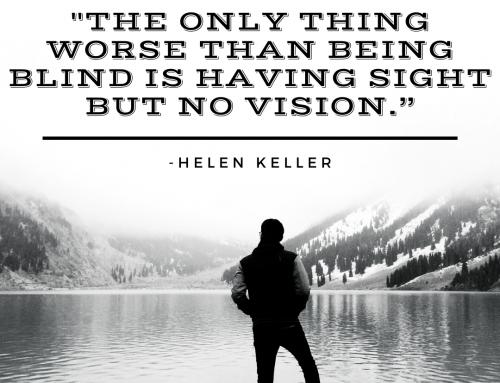Happy New Year! This year will be full of possibilities and opportunities. It will even be a year of challenges and tough choices. As every year begins out, we all generally make New Year’s Resolutions. As the calendar switches over, we decide to make new changes and revolutionize our lives. Usually, these are huge, monumental ideas. How many times have you told yourself this:
“I’ll start next year. How hard can it be?”
“This year will be different!”
“I am going to make HUGE changes this year”
(My personal favorite) “New year, new Me!”
I’ll be honest. I have used these saying too. In the past as a new year approached, I made big dreams and goals for my new year. I’ve resolved to change my entire life always thinking this year would be different. To be honest, I do not think I have actually achieved most of my New Year’s Resolutions. Still, is this truly realistic and sustainable? It’s hard to say. Nevertheless, here are the facts:
-40-45% of Americans make at least one New Years Resolution a year
-80% of those New Years Resolutions fail by the 2nd week of February
-4% of the resolutions still going after two months make it to six months
-Only 9% of the remaining resolutions are achieved at the end of the year
Only a fraction of these goals are achieved by the end of the year. Surprising? You bet! Why do these resolutions fail? From personal experience and other observations, I have a few theories:
-People have unrealistic expectations
-We jump from doing nothing to doing everything
-Lack of preparation
-Lack of an inspiring ‘why”
-Lack of accountability or support
-No plan
OK, so what’s our alternative? What options do we have besides New Year’s Resolutions? Before I go into “Smart Goals,” you need to ask yourself some questions.
-Where are you right now?
-What are your strengths? What can you lean on?
-What kind of accountability or support do you have?
-What kind of resources or equipment do you have?
-What can you control and plan for?
-What is relevant to you? Will it improve your life?
It’s important to take stock and identify your position in the present moment. Having this knowledge will prepare you and get you started in the right direction. Try to keep societal norms or expectations out of this. Many people look to their outside world and the media for direction. However, those messages may not be best for you. Instead, look inside yourself and who you are as a person.
Once you have established your present circumstances, you can begin to set “SMART” goals. Follow this pattern when setting constructive goals for your new year:
-SPECIFIC: What exactly are you trying to accomplish? Is it specific enough?
-MEASURABLE: How can you measure your progress? Is there a specific objective number you can track?
-ACTION BASED: The result and behaviors are in your control.
-RELEVANT: Is your goal in line for a better life? Does it pertain to you, or is it based off someone else?
-TIMELY: When will you achieve this goal? Is there a reasonable timeline that you have in place?
OK, that was a lot of questions. Bear with me. After you answer these questions, you will come up with a statement you can use to move forward. Here are some examples:
-“I will lose 10 pounds in three months by walking 20 minutes four days a week and choosing vegetables over snack foods because it will reduce my risk for heart disease and diabetes.”
-“I will improve my Hemoglobin A1c (a standard diabetes measurement) from 10% to 8% in three months by going to group classes three days a week and eating whole fruit instead of candy so that I can limit the medicine I have to take.”
As you can see, these goals are more reasonable, concise, and still motivating. They will keep you on track and more positive than huge changes. Moving forward, identify where you are, what changes you would like to make, write down your goal, and make it happen!! As Always, Eat, Move, and Improve!




Leave A Comment
You must be logged in to post a comment.